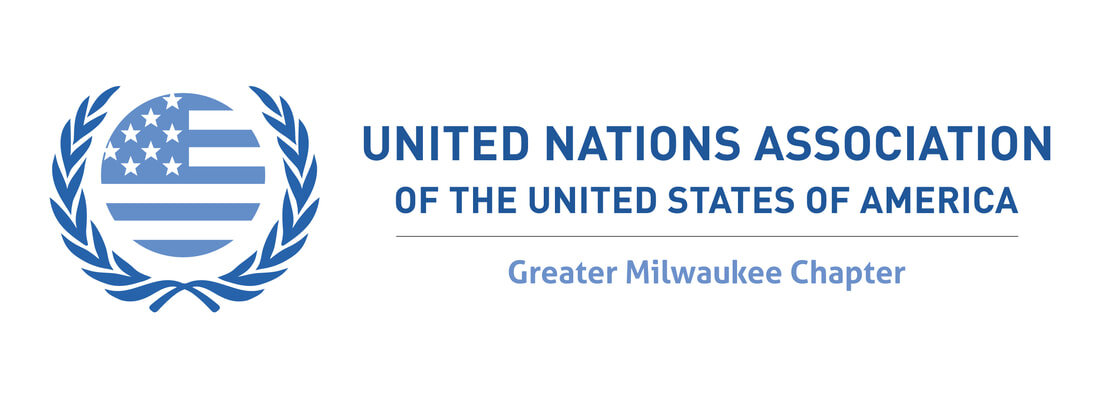BLACK LIVES MATTER AND ALLIES
by Jack Murtaugh
The events around Black Lives Matter today remind me of another time. Let me bring an experience from 1970s Africa up to our November 3 election.
In 1975 I was in South Africa interviewing people about apartheid for a news article. On a Saturday morning I said to my hosts that I ran out of pipe tobacco. They said the store in the village was about to close so we jumped in the jeep. Upon arrival we walked past a long line of Blacks to the counter, purchased the tobacco and returned home. I experienced the benefits of white privilege as well as being complicit in the practice of apartheid.
One of the people I met told me that I should interview a certain teacher, who reported that the young were saying "enough is enough." A year later in 1976, black students in Soweto began protesting, which brought international attention to their call to end apartheid. Then 17 years later Nelson Mandela became the first black president of a free South Africa.
Today we are seeing that within the Black Lives Matter movement, a young generation here is saying "enough is enough." The immediate public focus is on the relationship between the Black community and the police department. But the concerns extend to racial equity in health care, economic development, public education, the availability of quality child care, decent housing, employment opportunities and promotions.
A recognizable feature of the protests has been the participation of allies, many of whom are white. There are also potential allies who volunteer to serve the poor directly or serve on boards of nonprofits that do. My challenge to the allies is to be active in the upcoming elections.
Some candidates and current elected officials do not acknowledge the need to address racial inequities reflected in the policies of our institutions. These politicians and policies need to be confronted. As allies we cannot be complicit by our lack of action in the public arena.
The issues being addressed by the Black Lives Matter movement are recognized by the United Nations in its 17 Sustainable Development Goals (SDG’s). Goal 10 calls for reducing inequalities within and among countries.
The United Nations Association of Greater Milwaukee is committed to supporting, through its programs, implementation of the SDG’s globally and locally. We encourage our members and the public NOT to be complicit allies but instead be advocates for change.
